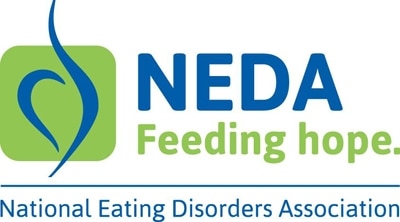
The Meadows Ranch was delighted to sponsor the Dessert Reception at the recent NEDA 2014 Annual Benefit Dinner. Patty Evans, Chief Marketing Officer and Chris Diamond, Executive Director for The Meadows Ranch attended this elegant benefit dinner in New York City. “The spirit of Healing, Hope and Heroes was so evident at this event we are thrilled to have sponsored the reception with entertainment by Mary Lambert and spend time with the amazing leaders of NEDA” said Patty Evans.




